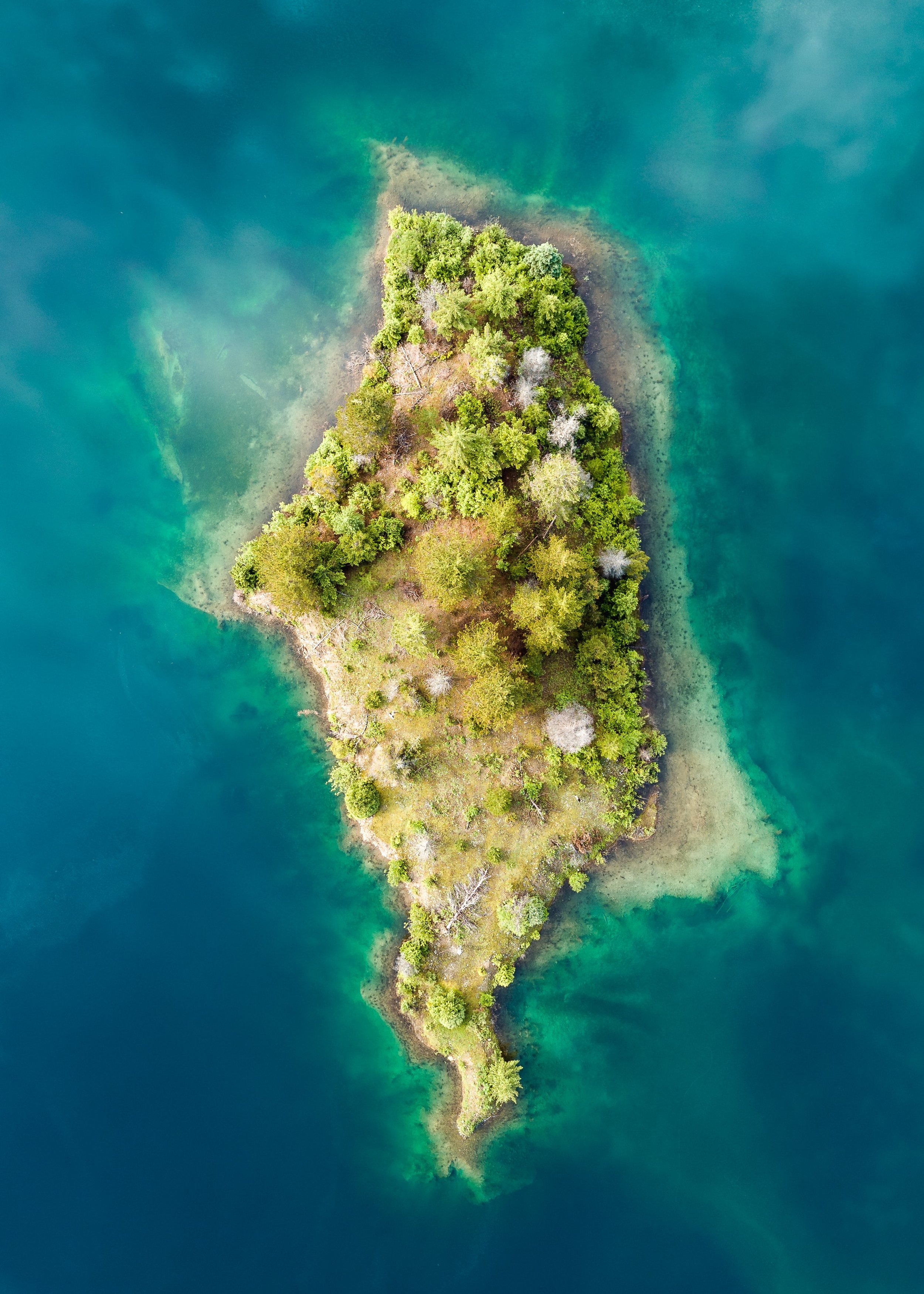
Democracy, Take Two: Council of the Baltic Sea States, 1992
Nearing the end of the twentieth century, the Baltic Sea region is experiencing — for the first time in decades — the decline of communist influence following the recent dissolution of the Soviet Union. The Council of the Baltic Sea States has just been formed to facilitate the gradual transition to a form of democratic governance compatible with the region’s unique geopolitical realities. But this transition will most certainly bring challenges.
The end of communist rule has left behind economic, social, cultural, and environmental legacies that must be addressed. Old institutions die hard, and that has been no exception for the Baltics. Overcoming economic disparities, environmental degradation, and social tensions will require concerted and cooperative efforts from the newly independent states. Many of these countries are still undergoing a lengthy process of constitutional reform. Though Russia’s grip on regional authority has been decidedly diminished, it still exerts pressure in the form of territorial disputes, leverage through the region’s energy dependence, and destabilizing influence through interference in internal affairs. Navigating relations with Russia while asserting sovereignty, creating a “new” and distinct Baltic regional identity, and maintaining national interests presents a delicate balancing act for the newly independent states — the perfect circumstance for forming this new regional committee: the CBSS.
Chair:
Namir Pasha
Namir Pasha is a member of the Walsh School of Foreign Service class of 2027, studying Global Business with a minor in Russian. Born and raised in Hong Kong (no, I can’t speak Cantonese, but I can speak Mandarin), he is originally from Bangladesh and Azerbaijan. Naturally, he was born with a passion for international affairs. Namir’s main passion in life is, as you would expect, watching basketball, where he is a die-hard Miami Heat fan. You will often find Namir watching the latest highlights or checking players’ stats. On campus, Namir is involved in the Model UN travel team and the MOSAIC mixed-race students association. On most nights, you will likely find Namir in the library, either procrastinating his work or frantically doing work he has procrastinated. However, in what free time Namir has, he can often be found walking around the streets of Georgetown, looking for new places to eat or maxing out in the gym (totally…). Namir is incredibly thrilled to serve as your Chair and hopes to make the experience as educational and enjoyable as possible!
Crisis Manager:
Luke Donovan
Luke Donovan is a member of the class of 2025 in the College of Arts and Sciences majoring in Economics and Math from Boston, Massachusetts (he absolutely loves to spend time near the ocean). Luke started Model UN in his sophomore year of high school and competed at local conferences, learning that Model UN is an advantageous way to learn the tenets of diplomacy.
Previously, Luke was a Director for NCSC L and NCSC XLIX and a Chair for NCSC LI. He also served as Director of Operations for NAIMUN LX, Georgetown’s high school conference. Luke also serves as the CFO of GIRA (Georgetown International Relations Association), which hosts NCSC!
Outside of NCSC, you can find Luke giving tours for Blue & Gray Tour Guide Society, or leading retreats with campus ministry. He could also talk about U.S. elections, transportation, and boats all day long.
USG: Cynthia Gudaitis
This committee is in the Regionals Organ, and your Under-Secretary General is Cynthia Gudaitis. Committees in this organ are regional bodies with 18-25 delegates and full crisis elements.
If you have any questions about your committee, please reach out to c.gudaitis@modelun.org.



